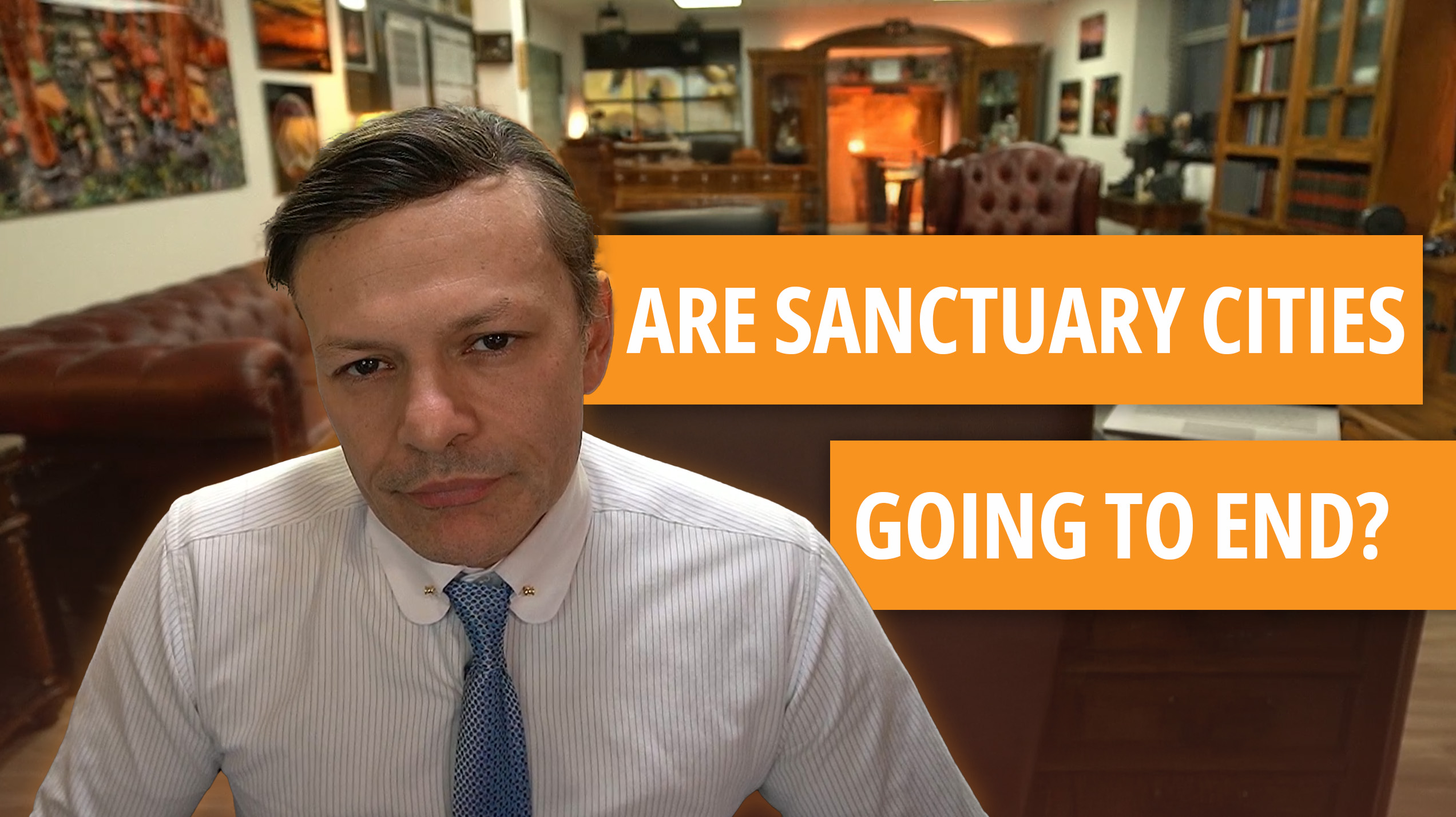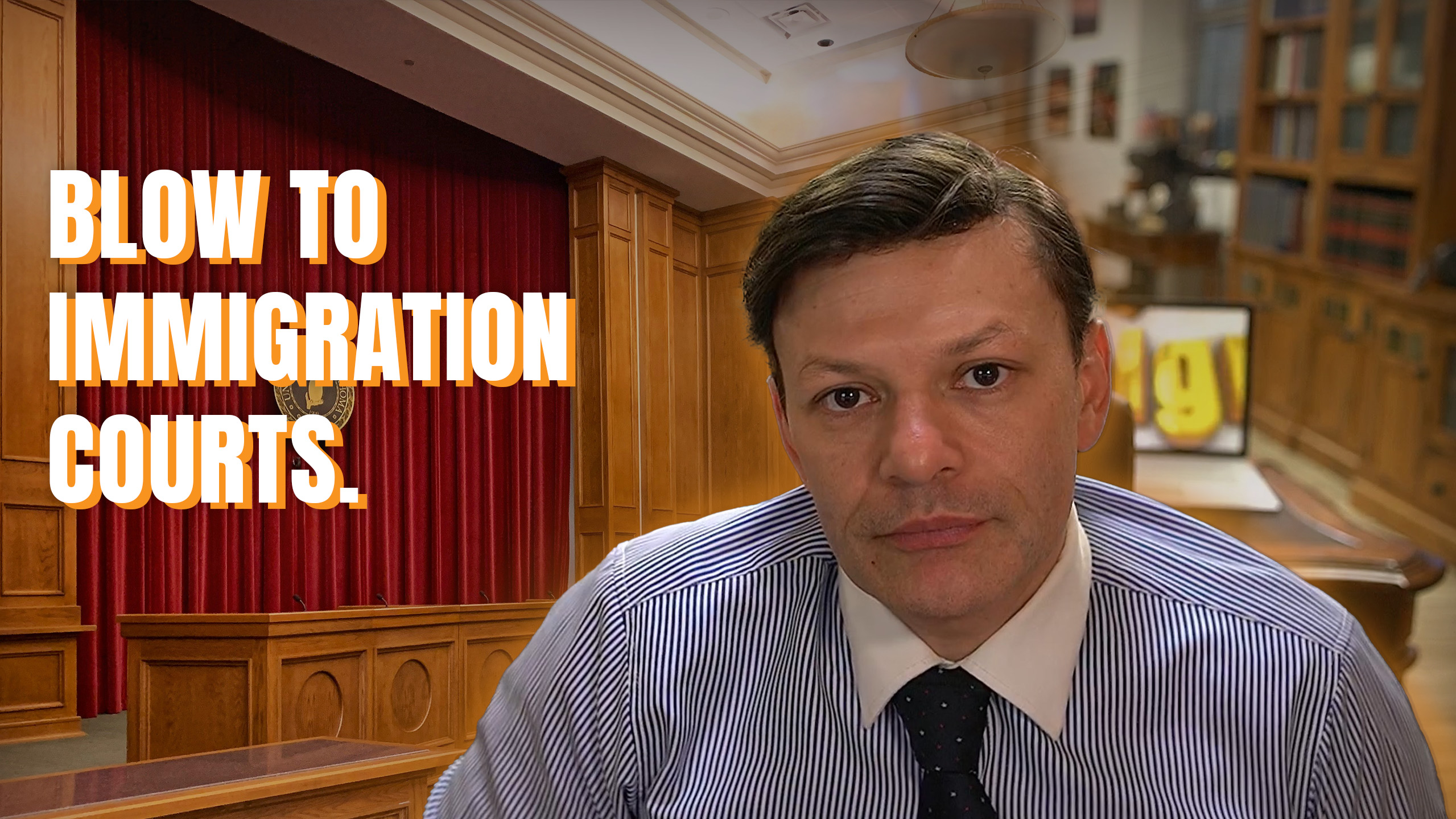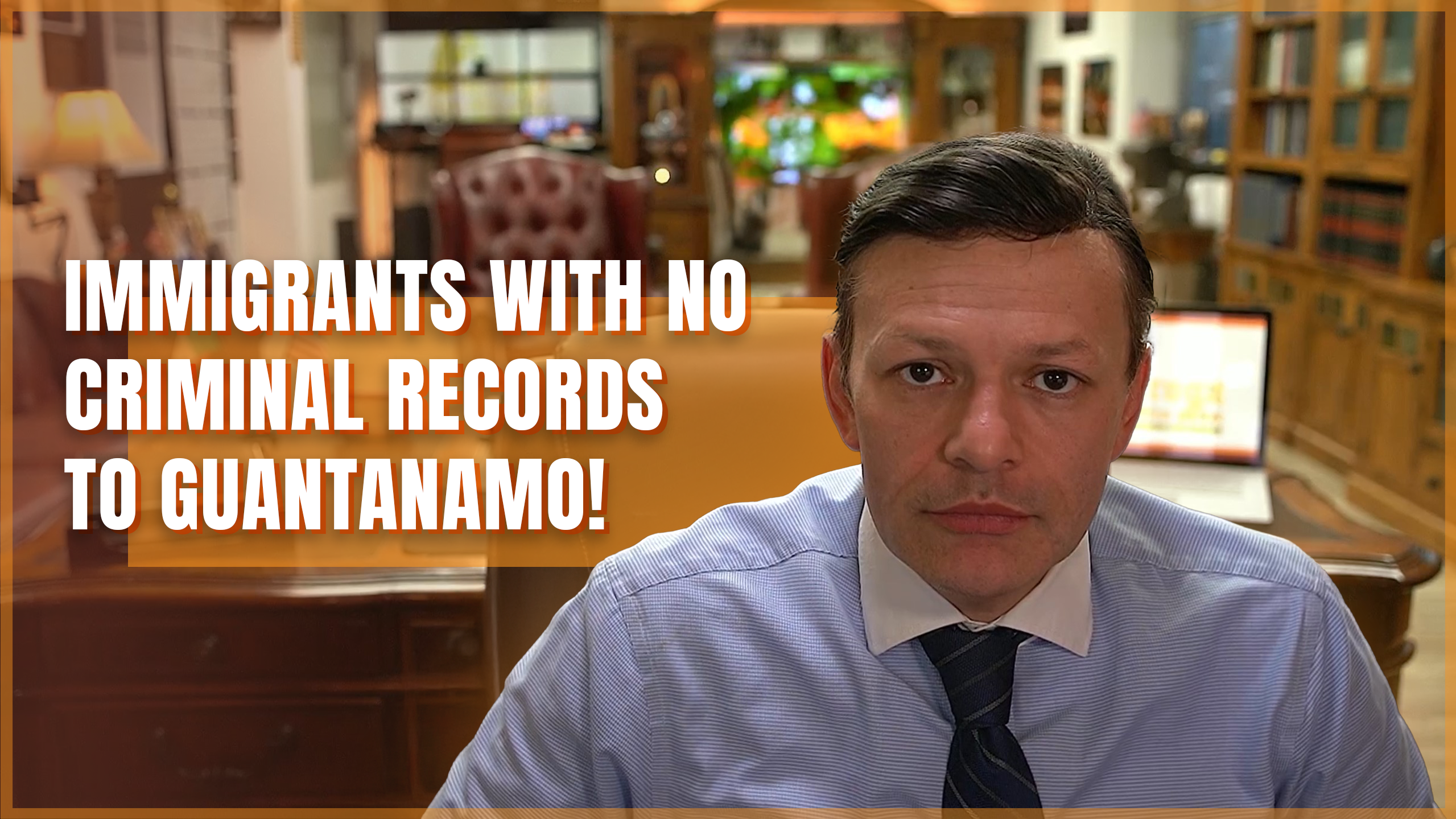Sanctuary Cities’ Future in the US After Trump’s Return
In January 2025, sanctuary cities in the United States face great uncertainty due to the return of Donald Trump to the White House. This phenomenon could redefine the future of more than 200 local jurisdictions that, for years, have promoted policies of non-cooperation with federal authorities when it comes to immigration. Faced with the threat of a new federal offensive, sanctuary cities will have to adapt to new legal and political challenges, which could have a direct impact on immigrant communities.
What are sanctuary cities and why are they important?
Sanctuary cities are those that have adopted local policies to limit collaboration with federal immigration authorities, such as Immigration and Customs Enforcement (ICE). These policies seek to protect undocumented immigrants from deportation and promote social cohesion by allowing them to access public services and actively participate in the community without fear of retaliation. These cities are essential to ensuring the safety of immigrants and their economic and social well-being.
The impact of Trump’s return on sanctuary cities
Donald Trump’s return raises uncertainty about the future of sanctuary cities, as his administration has been known for its tough stance on immigration issues. During his first term, Trump implemented “zero tolerance” policies and often threatened to cut federal funding to cities that did not cooperate with immigration authorities. The situation is further complicated by the expectation that, under his leadership, efforts to eliminate or weaken sanctuary policies will intensify.
Can sanctuary cities disappear?
In legal terms, sanctuary cities are unlikely to disappear entirely. The Immigration and Nationality Act (INA) states that local governments are not required to enforce federal immigration laws. However, the Trump administration could resort to other strategies to pressure sanctuary cities, such as threatening to cut federal funding or even pushing new laws that limit local autonomy.
One key aspect is that legal decisions related to federal funding have been challenged in court. In 2018, the Ninth Circuit Court of Appeals ruled against the administration, establishing that essential funds could not be conditioned on compliance with immigration policies. This legal precedent could play a crucial role in defending sanctuary cities against potential cuts.
Tips for immigrants in sanctuary cities
If you are an immigrant living in a sanctuary city, it is essential to be prepared for possible changes. Here are some key recommendations to protect your rights:
- Be informed about your rights: knowing your rights is essential. Remember that you are not required to open the door to ICE agents without a court order. You have the right to remain silent and not to sign documents without the presence of an attorney.
- Keep an emergency plan: it is advisable that you have a plan in case you are detained. This includes having contacts of trusted attorneys and family members on hand who can help you.
- Get involved in your community: get involved in community organizations that support immigrants. This will allow you to access key resources and strengthen your support network.
- Stay updated: Immigration policies can change quickly. Stay informed about any legal changes that may affect you and your community.
What can sanctuary cities do to prepare?
Sanctuary cities should prepare for a possible rollback in their immigration policies. Some strategies include:
- Strengthening local legislation that protects immigrants.
- Establishing alliances with other cities and organizations to create a support network.
- Ensuring that immigrants know their rights and have access to legal resources.
If you are an immigrant living in a sanctuary city or facing uncertainty about your immigration status, it is essential to have the support of an experienced immigration attorney. At Quiroga Law Office, PLLC, we are here to offer you the legal support you need. Request a consultation by clicking here or call us at (509) 927-3840.
If you want to know more about this topic, you can watch the video in which immigration attorney Hector Quiroga explains more.



